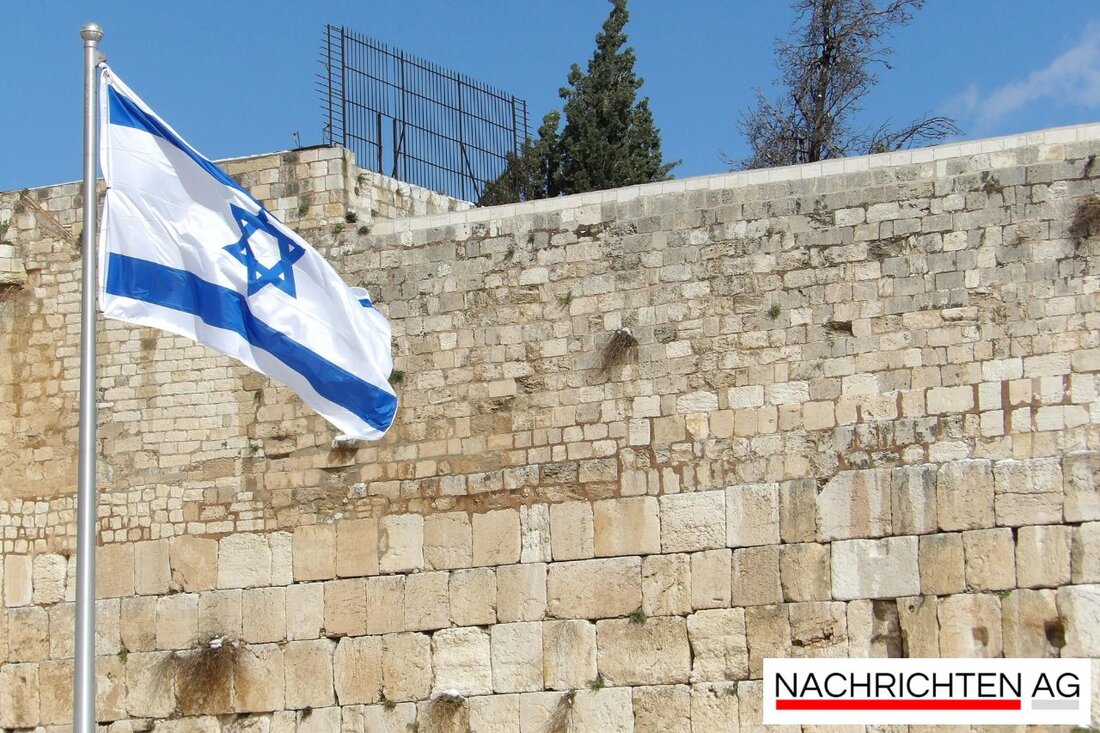From Iran to Gifhorn: Hami Amiri's moving escape story
Hamed Amiri, a 32-year-old hairdresser from Gifhorn, reports on his escape from Iran and his new life in Germany.

From Iran to Gifhorn: Hami Amiri's moving escape story
Hami Amiri, the 32-year-old hairdresser from Gifhorn, has had a long and moving journey. Born in Iran, he experienced flight, war and separation from his family. He has lived in Germany since 2016 and opened his own hairdressing studio here. Touching stories about his homeland and the painful memories of his family living in Iran tell a lot about the reality of refugees. “I haven’t seen her in ten years,” says Amiri. The uncertainty about the whereabouts of his relatives remains a constant companion in his life, which is shaped by the war between Israel and Iran. “There is something going on,” he notes when he talks about the situation in his homeland. Read more about Hami Amiri's story and the challenges he faces on WAZ.
Amiri first fled to Turkey, where he spent a year. A risky boat transfer across the Mediterranean to Greece cost him over 5,000 euros. He remembers: “Another boat sank and 60 people drowned.” These horrific experiences are part of a larger trauma shared by over 120 million people worldwide, many displaced by wars and climate disasters. The challenges that refugees face are closely linked to the structural difficulties in Germany: a lack of housing, a lack of places in educational institutions and high hurdles for integration into the labor market. Germany plays a central role in the current refugee situation, as it remains the main destination country for many who are looking for a new home, as dbb reports.
A new beginning in Germany
But life here is anything but easy. “I wasn’t allowed to work in the first year, my training wasn’t recognized,” says Amiri. He taught himself the German language while waiting for a language course. He finally started his new life with a mini-job as a hairdresser. He has now opened the “Amiri” hairdressing studio on Borsigstrasse, supported by friends and the community of the Gifhorner Friedenskirche, who helped him. A bank had refused him financing due to his uncertain residence situation.
“For me, charity and solidarity are what count,” says Amiri about how important the support of other people was to him. At a time when more and more refugees in Germany are fighting for a new life, refuge is a live question for many. The Christian communities worldwide are committed to those seeking protection and stand up for their rights. However, the challenges at the local level should not be underestimated, as ekd makes clear: This calls for joint action to translate charity into concrete help.
The future remains uncertain
Although Amiri has now started a new life and is married in Germany, his future remains uncertain. His residence permit, which he received after a long waiting period of eight years, is only valid for three years. The questions about family reunification and integration options are of utmost importance for many, not just him, and contribute to the uncertainty. “I hope that one day I can see my family again,” says Amiri in a quiet voice. “But now we are enjoying our life here with our daughter, who was born when we were in Germany.”
The reality for many refugees is complex. Access to work is often restricted, but after eight years around 86 percent of refugee men in Germany can find a job. Over 31,000 people have lost their lives at the EU's external borders in recent years. Changes in asylum policy since 2015 show how polarized the discussion about migration and integration is. With over 29 percent of the population having a migrant background, Germany may be a country of immigration, but the questions of justice and humanitarian responsibility remain urgent.

 Suche
Suche
 Mein Konto
Mein Konto